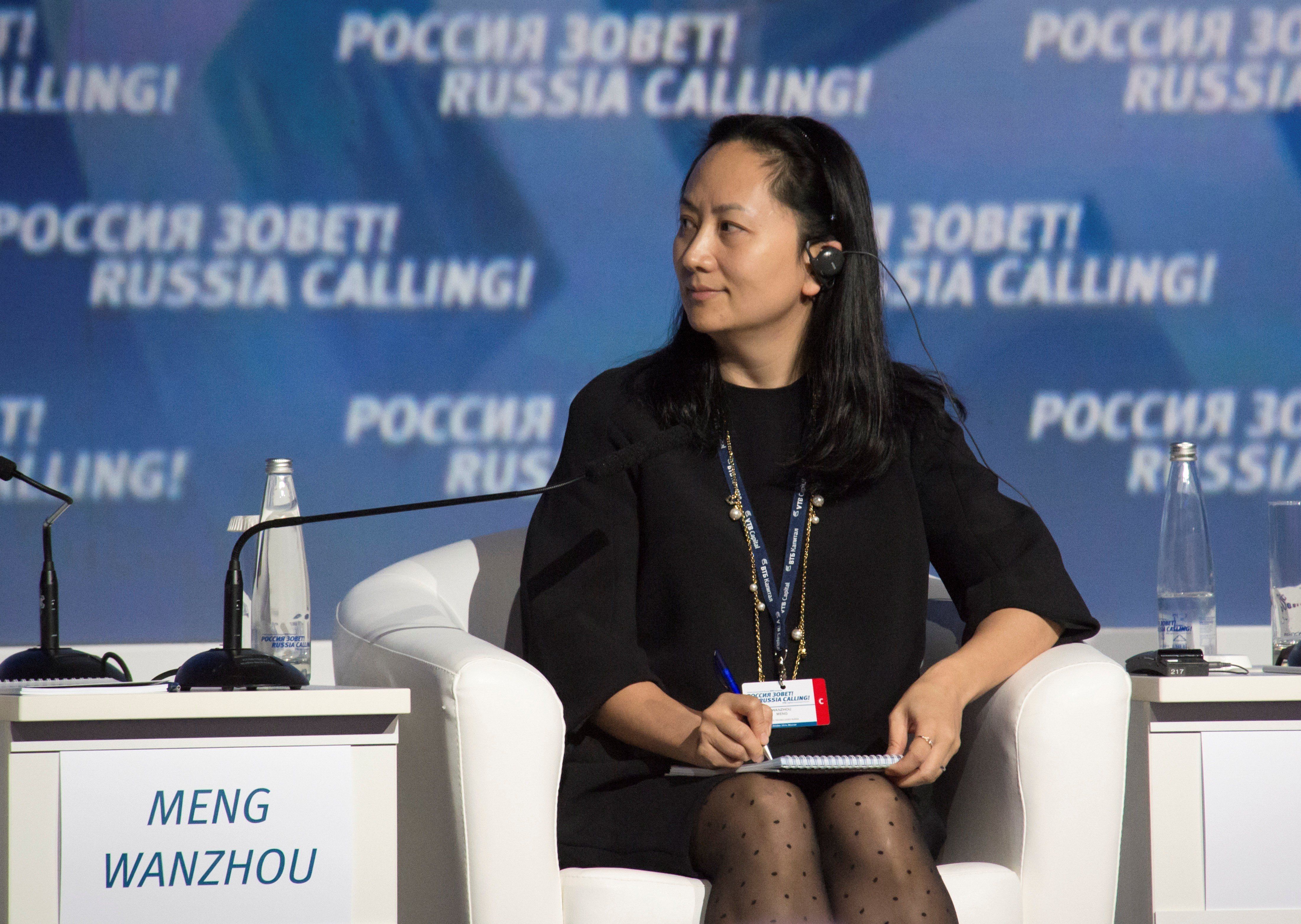December 07, 2018
Even as Trump and Xi were agreeing to temporarily freeze tariff increases last weekend, Canadian authorities arrested Meng Wanzhou, the chief financial officer of the Chinese telecoms giant Huawei, in connection with an ongoing US Justice Department investigation into the Chinese networking equipment giant.
Huawei is suspected of selling Iran telecommunications equipment that contained US components. Meng, who now faces extradition to the US, is also the daughter of the company's founder. Her arrest reflects a bigger trend in US-China relations under President Trump: even when there is progress on one front, there's often a new flashpoint on another.
Some background: Earlier this year, the US banned American suppliers from selling equipment to Huawei's smaller rival, ZTE, over that company's alleged violations of Iran sanctions. The move almost forced ZTE into bankruptcy before President Trump offered the company an eleventh-hour reprieve.
But Huawei is a much bigger company than ZTE, and it's much more important for China's long-term tech innovation ambitions. That's why the Chinese press erupted with fury at news of Meng's arrest. As Beijing prepares to send trade negotiators to the US next week to begin work on trade and tariffs, it appears Trump will now have a big new bargaining chip as he looks for new concessions. Or it could create a whole new mess. Yesterday, the Chinese government demanded Meng's release.
More For You
Most Popular
Fishing boats moored at Taganga Beach, as fishermen express concern over unclear US government videos showing strikes on vessels during anti-narcotics operations, amid fears that those targeted may have been fishermen rather than drug traffickers, in Santa Marta, Colombia, on October 20, 2025.
REUTERS/Tomas Diaz
Walmart’s $350 billion commitment to American manufacturing means two-thirds of the products we buy come straight from our backyard to yours. From New Jersey hot sauce to grills made in Tennessee, Walmart is stocking the shelves with products rooted in local communities. The impact? Over 750,000 American jobs - putting more people to work and keeping communities strong. Learn more here.
© 2025 GZERO Media. All Rights Reserved | A Eurasia Group media company.
